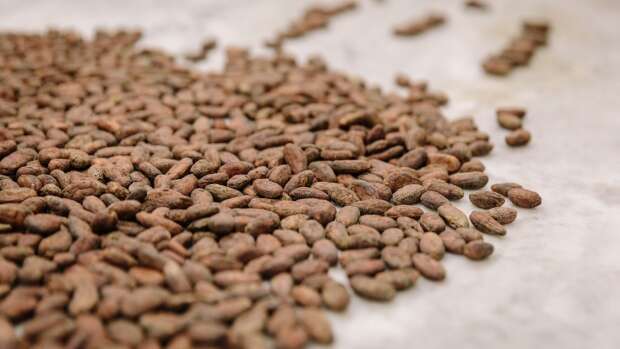Cocoa Sector Sees Recovery in 2024/25 Season on Strong Prices, Productivity Interventions
Ghana’s cocoa sector is showing signs of a modest rebound in the 2024/25 crop season, following improved climatic conditions and sustained productivity-enhancing interventions, the International Monetary Fund (IMF) has indicated in its latest Country Report on Ghana.
The Fund observed that cocoa production recovered in the ongoing season due to favourable weather and increased adoption of artificial pollination, mass pruning, mass spraying, and hi-tech interventions under the Ghana Cocoa Board’s (COCOBOD) productivity drive.
Global cocoa prices, it added, have remained elevated, offering a strong revenue backdrop for the world’s second-largest cocoa producer.
Liquidity Pressures Ease as Financing Model Shifts
The IMF highlighted that COCOBOD’s shift from its traditional reliance on syndicated loans to alternative trade financing arrangements has eased liquidity pressures and improved payment timelines to farmers.
“As a result, COCOBOD’s cash flow is expected to remain balanced throughout the current crop season,” the Fund stated, noting that the improved financing model has enabled the Board to honour most of the contracts rolled over from 2023/24 as well as those initiated this season—barring a minor portion previously agreed with buyers.
COCOBOD’s Turnaround Strategy Gains Momentum
The report also cited ongoing efforts by COCOBOD, with World Bank technical support, to implement a turnaround strategy aimed at restoring the institution’s financial sustainability.
The multi-pronged strategy includes:
Strengthening financial oversight;
Maintaining producer prices between 60–70% of international market prices to align with operational costs;
Rationalising expenditures following a functional review of COCOBOD’s departments and subsidiaries;
Phasing out quasi-fiscal operations that fall outside COCOBOD’s core mandate.
Sector Reforms to Improve Efficiency and Competitiveness
The World Bank is currently working with COCOBOD to carry out a comprehensive functional and expenditure review, aimed at improving efficiency and informing a cocoa sector modernisation strategy.
This strategy is expected to bolster the resilience and competitiveness of Ghana’s cocoa industry, aligning with broader government reforms to modernise agriculture and enhance value addition within the cocoa value chain.
With favourable global prices, improved productivity tools, and a shift toward sustainable financing and operational discipline, Ghana’s cocoa sector appears poised for gradual recovery—though analysts caution that weather patterns, pests, and global market volatility remain key risks to long-term performance.








